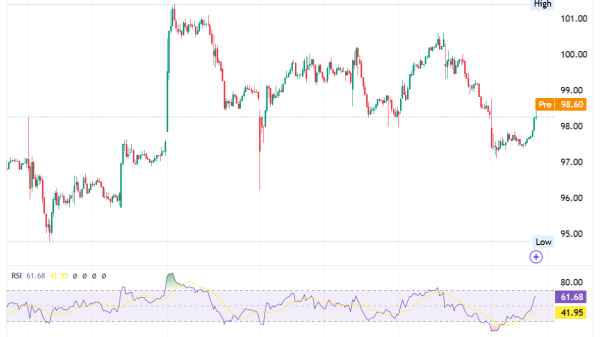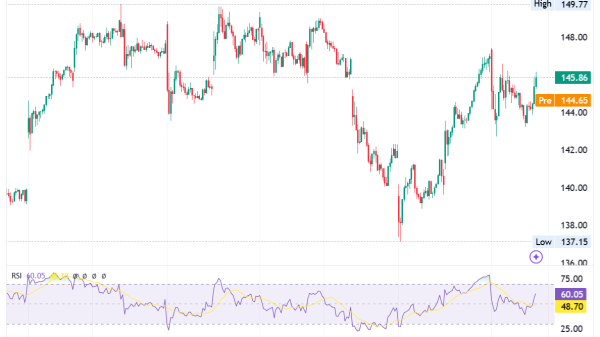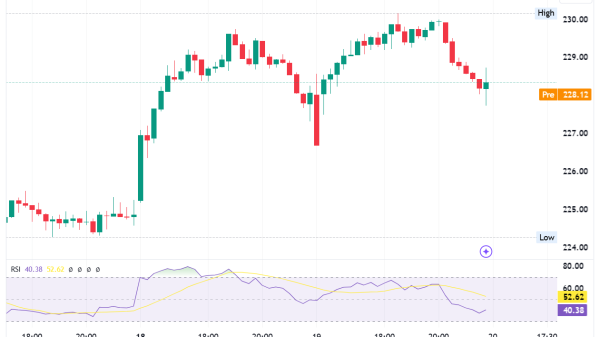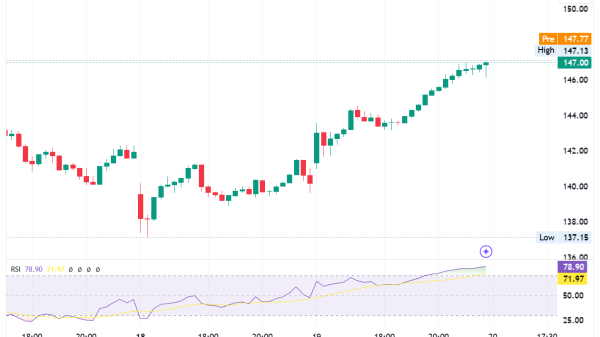
Investing.com — In the wake of recent policy shifts and macroeconomic headwinds, Morgan Stanley analysts introduced a Bull-Bear Framework to help investors better navigate potential investment opportunities in China’s e-commerce sector.
According to the Wall Street firm, the overall outlook for China’s economy remains mixed, especially with the People’s Bank of China (PBoC) and the Politburo meetings signaling a shift in focus towards local debt resolution rather than direct consumption stimulus.
As such, analysts acknowledge that the “3D Journey” of debt, demographics, and deflation remains bumpy, especially as consumption stimulus measures remain underwhelming.
The uncertainty in the e-commerce sector is expected to persist over the next 1-2 years. While consumer sentiment may take time to recover, policies such as the trade-in program for home appliances, observed in September and October, indicate pockets of resilience in the market.
“Given low visibility around the consumption recovery pace in 2025 and 2026, we believe a Bull-Bear Framework could help investors to better navigate potential investment opportunities in the sector,” analysts led by Eddy Wang said in a note.
Bull-Case Scenario: In this scenario, Morgan Stanley predicts that China’s e-commerce sector could grow by 14% YoY in 2025 and 13% YoY in 2026. This is based on the assumption of more aggressive government consumption-related stimulus, including the extension of the trade-in policy.
Under this favorable environment, the firm ranks PDD Holdings Inc DRC (NASDAQ:PDD) as the top pick due to its stronger-than-peer GMV (Gross Merchandise Volume) growth and market share gains. JD (NASDAQ:JD) and Alibaba (NYSE:BABA) are also expected to benefit.
Bear-Case Scenario: In the more conservative bear case, the e-commerce sector is forecasted to grow just 5% YoY in 2025 and 4% YoY in 2026, assuming weakened consumption without further stimulus.
Intense competition among e-commerce players would also drag down margins. PDD remains Morgan Stanley analysts’ top choice in this scenario “as we believe its ‘value-for-money’ positioning would be more resilient in a weak consumption environment,” they noted.
Key indicators to determine when to turn more positive/negative on China e-commerce: Morgan Stanley advises investors to keep a close eye on three key indicators to gauge the sector’s performance: 1) salary growth and unemployment rates, 2) home prices, and 3) government policy support.
In its base-case scenario, the Wall Street firm projects the Chinese government will provide a fiscal stimulus of Rmb 2 trillion in 2024 and Rmb 2-3 trillion in 2025, leading to nominal GDP growth of 3.9% in 2025 and 4.1% in 2026.
E-commerce sales are expected to slow to 9% in 2025 and 7% in 2026, as consumer sentiment shows modest improvement, while competition remains fierce. Under this outlook, Morgan Stanley’s preferred order is PDD, followed by JD, and then Alibaba.


























